How is Depression Detected and Treated?
Depression, even the most severe cases, is a highly treatable disorder. As with many illnesses, the earlier that treatment can begin, the more effective it is and the greater the likelihood that recurrence can be prevented.
The first step to getting appropriate treatment is to visit a doctor. Certain medications, and some medical conditions such as viruses or a thyroid disorder, can cause the same symptoms as depression. A doctor can rule out these possibilities by conducting a physical examination, interview and lab tests. If the doctor can eliminate a medical condition as a cause, he or she should conduct a psychological evaluation or refer the patient to a mental health professional.
Once diagnosed, a person with depression can be treated with a number of methods. The most common treatments are medication and psychotherapy.
Psychotherapy
Several types of psychotherapy–or “talk therapy”–can help people with depression.
Some regimens are short–term and other regimens are longer–term, depending on the needs of the individual. Two main types of psychotherapies–cognitive–behavioral therapy (CBT) and interpersonal therapy (IPT)-have been shown to be effective in treating depression. By teaching new ways of thinking and behaving, CBT helps people change negative styles of thinking and behaving that may contribute to their depression. IPT helps people understand and work through troubled personal relationships that may cause their depression or make it worse.
For mild to moderate depression, psychotherapy may be the best treatment option. However, for major depression or for certain people, psychotherapy may not be enough.
Medication
Antidepressants work to normalize naturally occurring brain chemicals called neurotransmitters, notably serotonin and norepinephrine. Other antidepressants work on the neurotransmitter dopamine. Scientists studying depression have found that these particular chemicals are involved in regulating mood, but they are unsure of the exact ways in which they work.
The newest and most popular types of antidepressant medications are called selective serotonin reuptake inhibitors (SSRIs). SSRIs include fluoxetine (Prozac), citalopram (Celexa), sertraline (Zoloft) and several others. Serotonin and norepinephrine reuptake inhibitors (SNRIs) are similar to SSRIs and include venlafaxine (Effexor) and duloxetine (Cymbalta). SSRIs and SNRIs are more popular than the older classes of antidepressants, such as tricyclics–named for their chemical structure–and monoamine oxidase inhibitors (MAOIs) because they tend to have fewer side effects. However, medications affect everyone differently–no one–size–fits–all approach to medication exists. Therefore, for some people, tricyclics or MAOIs may be the best choice.
For all classes of antidepressants, patients must take regular doses for at least three to four weeks before they are likely to experience a full therapeutic effect. They should continue taking the medication for the time specified by their doctor, even if they are feeling better, in order to prevent a relapse of the depression. Medication should be stopped only under a doctor’s supervision. Some medications need to be gradually stopped to give the body time to adjust. Although antidepressants are not habit–forming or addictive, abruptly ending an antidepressant can cause withdrawal symptoms or lead to a relapse. Some individuals, such as those with chronic or recurrent depression, may need to stay on the medication indefinitely.
In addition, if one medication does not work, patients should be open to trying another. NIMH–funded research has shown that patients who did not get well after taking a first medication increased their chances of becoming symptom–free after they switched to a different medication or added another medication to their existing one.


